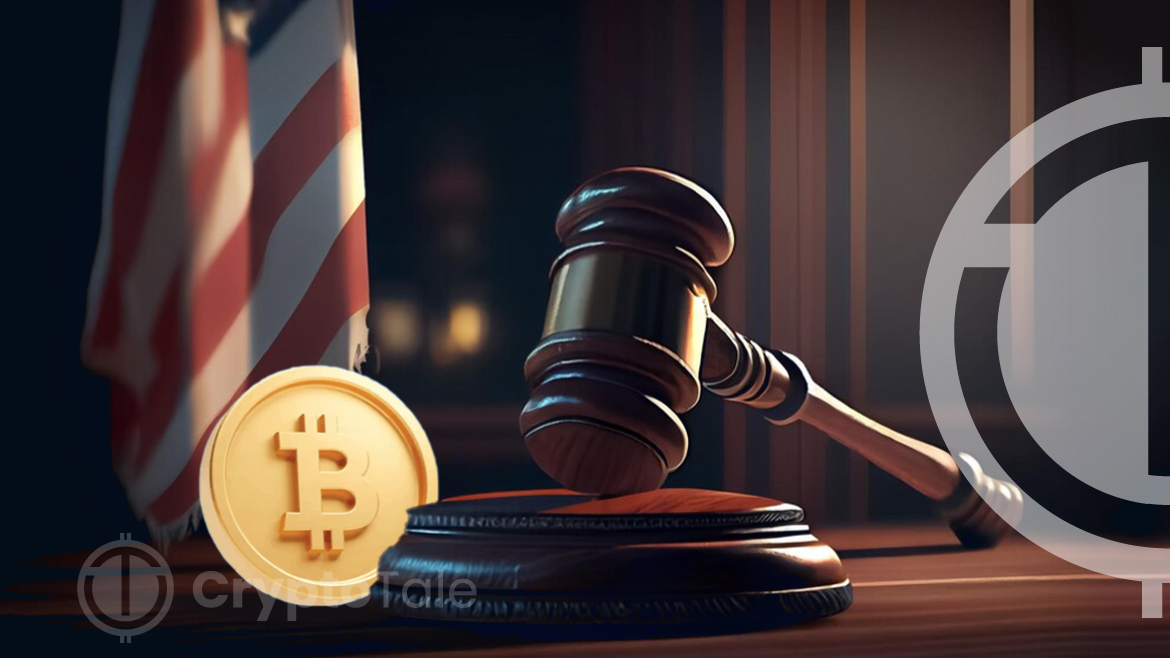- The U.S. Court of Appeals has affirmed the forfeiture of 69,370 cryptocurrencies, including Bitcoin, from the Silk Road hack.
- The U.S. government plans to liquidate a significant portion of the seized Bitcoin following the last sale of about 9,861 BTC for over $215 million.
- Silk Road founder Ross Ulbricht has been serving a life sentence since 2015 for misusing the site to sell drugs and weapons.
The U.S. Court of Appeals for the Ninth Circuit has recently affirmed the forfeiture of a significant amount of cryptocurrency originally obtained through the Silk Road marketplace. This decision marks a pivotal moment in the ongoing legal proceedings surrounding the infamous dark website, which was dismantled by U.S. authorities in 2013.
Silk Road, known for its anonymous transactions, was operational from 2011 to 2013. It was primarily used for illicit activities, including drug deals and other criminal enterprises. The site’s founder, Ross Ulbricht, was convicted in 2015 for his role in these activities and is currently serving a life sentence. In the filing submitted on Wednesday, Ulbricht was named as a defendant alongside two other claimants, with the U.S. government listed as the plaintiff.
The cryptocurrencies in question, including 69,370 Bitcoin, Bitcoin gold, Bitcoin SV, and Bitcoin cash, were seized from an individual known as “X,” who allegedly hacked them from Silk Road. In November 2020, this individual consented to the forfeiture of these assets, which were valued at over $1 billion at the time. The current market value of these cryptocurrencies exceeds $3 billion.
The U.S. Department of Justice has been in possession of these assets since their seizure. The recent court ruling finalizes the government’s claim to these cryptocurrencies, following a series of legal procedures that began with their initial confiscation.
In addition to the forfeiture, the U.S. government has initiated the liquidation of a portion of the seized Bitcoins. A court filing from March 31 indicated that approximately 41,000 Bitcoins connected to the Silk Road case are set to be sold in batches throughout the year. This follows the sale of about 9,861 Bitcoins in March for over $215 million.
The Silk Road case has had far-reaching implications, not only for Ulbricht but also for others involved in similar activities. James Zhong, for instance, pled guilty to wire fraud in November for a scheme to steal Bitcoins from Silk Road in 2012. Over 50,000 Bitcoins were seized from his residence in 2021, marking one of the largest cryptocurrency confiscations by the U.S. government.






